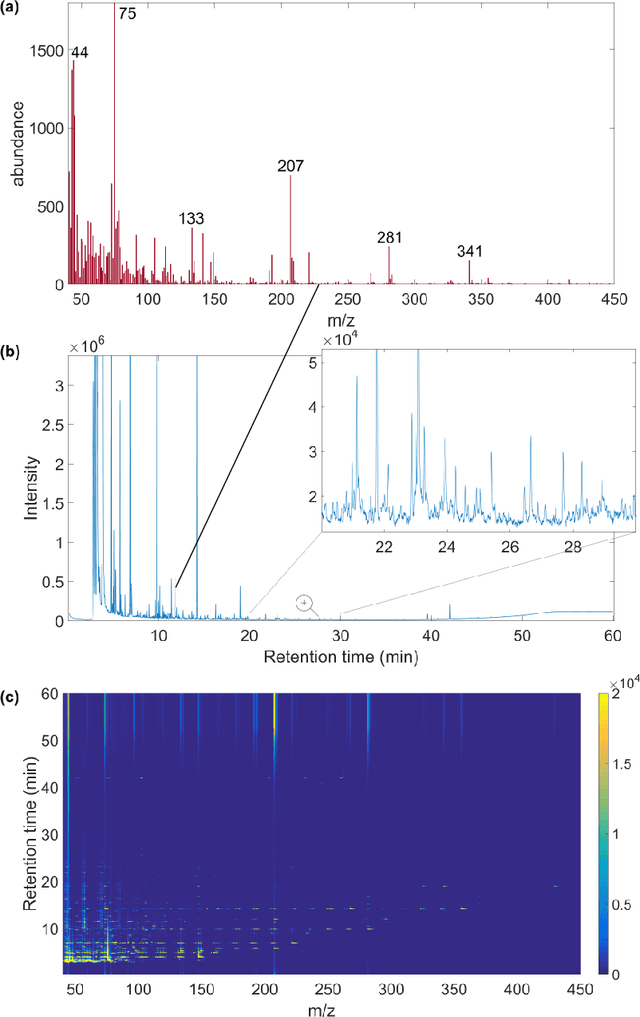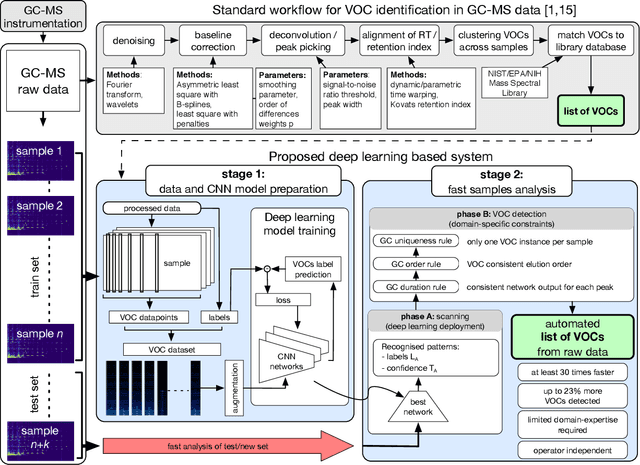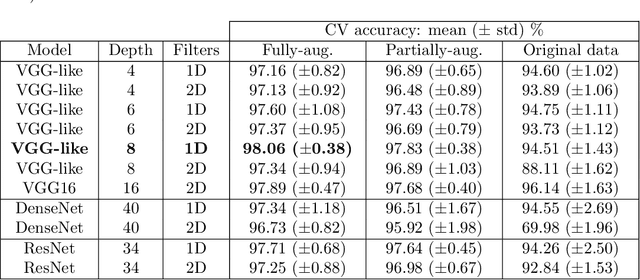Fast and automated biomarker detection in breath samples with machine learning
Paper and Code
May 24, 2020



Volatile organic compounds (VOCs) in human breath can reveal a large spectrum of health conditions and can be used for fast, accurate and non-invasive diagnostics. Gas chromatography-mass spectrometry (GC-MS) is used to measure VOCs, but its application is limited by expert-driven data analysis that is time-consuming, subjective and may introduce errors. We propose a system to perform GC-MS data analysis that exploits deep learning pattern recognition ability to learn and automatically detect VOCs directly from raw data, thus bypassing expert-led processing. The new proposed approach showed to outperform the expert-led analysis by detecting a significantly higher number of VOCs in just a fraction of time while maintaining high specificity. These results suggest that the proposed method can help the large-scale deployment of breath-based diagnosis by reducing time and cost, and increasing accuracy and consistency.
 Add to Chrome
Add to Chrome Add to Firefox
Add to Firefox Add to Edge
Add to Edge